Tourists in southern Portugal’s Algarve region will come across barrels of delicious almonds at markets and almond-based sweets at pastry shops and cafés. Almonds are everywhere! But because most people head to the Algarve for its beaches in the summer, they miss out on the stunning beauty of the almond trees in bloom, a natural event which takes place in February and March. But just how the Algarve got its countless almond trees is the stuff of legends…
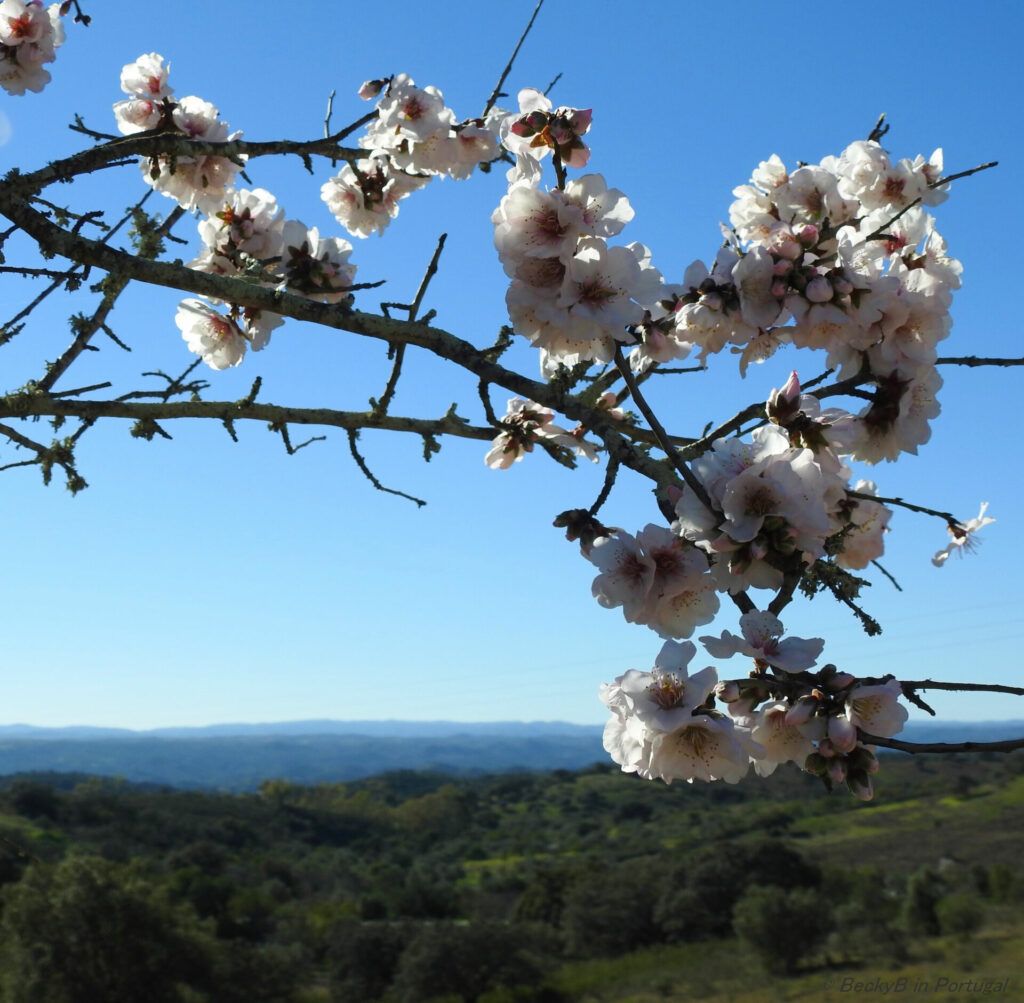
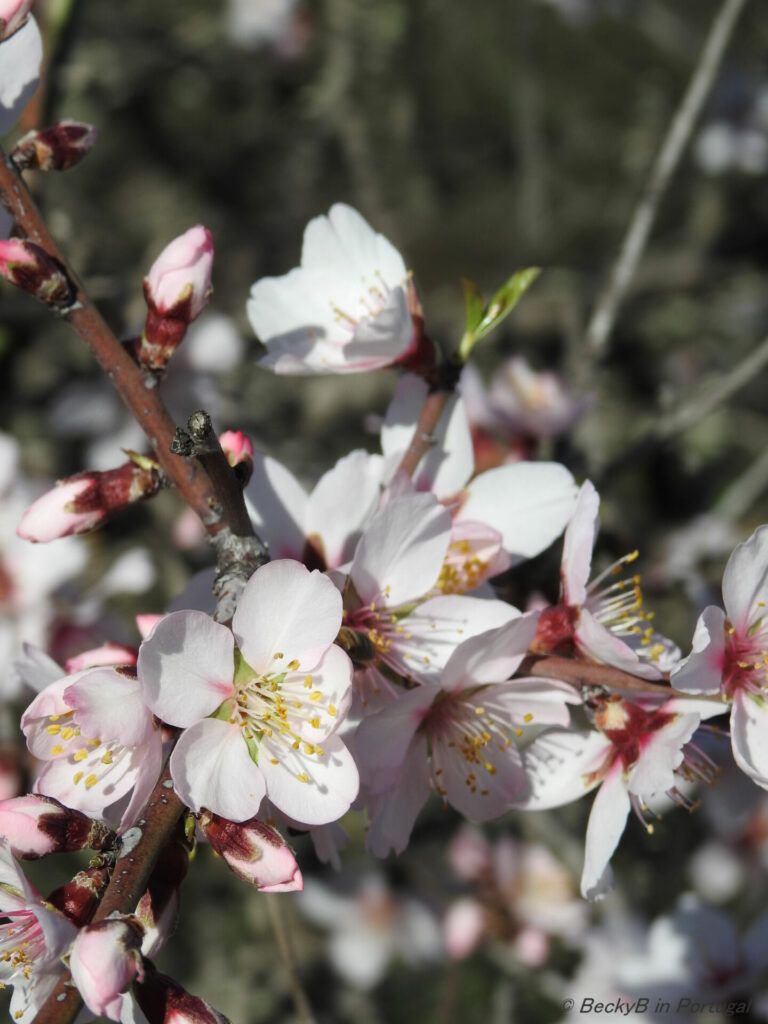
Legend has it that when the Algarve was still called Al-Gharb and ruled by the Moors, a young king, Ibn-Almundim, fell in love with a Nordic princess, Gilda. They got married and the king loved her very much. So when he noticed the princess was growing sadder with each passing day, he resolved to find out what was causing this melancholia and to cure it. According to the tale, an elder told him that the Nordic princess missed seeing the snow she was so used to in her home country. The king ordered that thousands of almond trees be planted outside the palace so that when they were in bloom, she would look out her window and see the landscape covered in white flowers, giving the appearance of freshly fallen snow. The princess was cured of her sadness almost immediately.
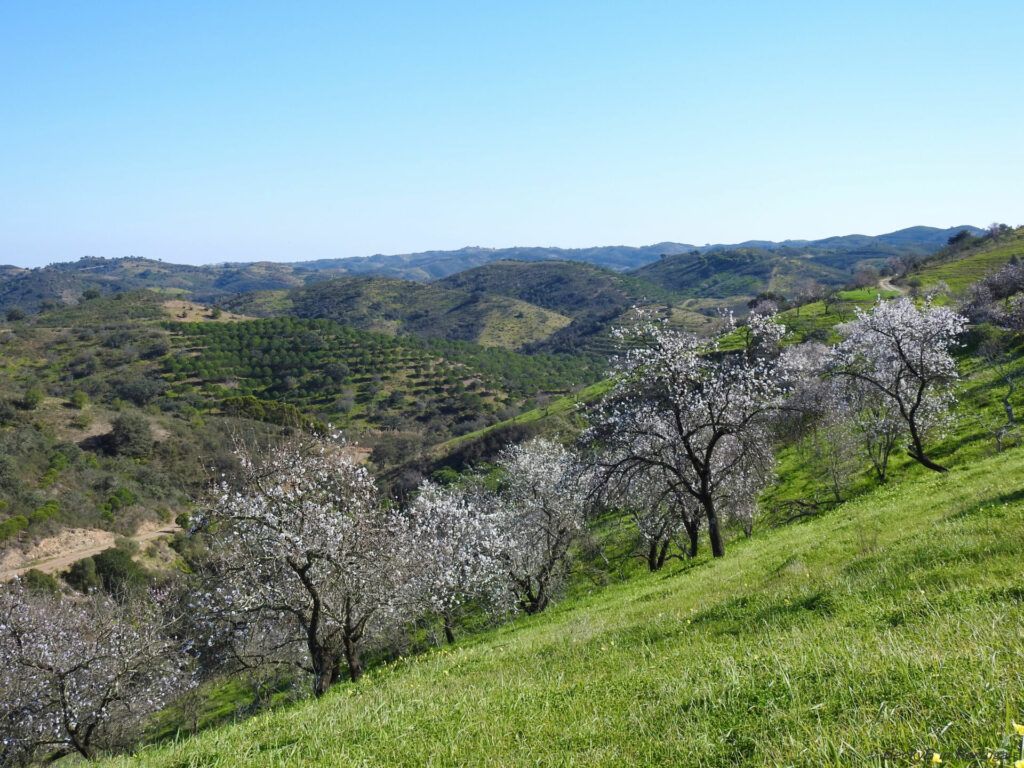
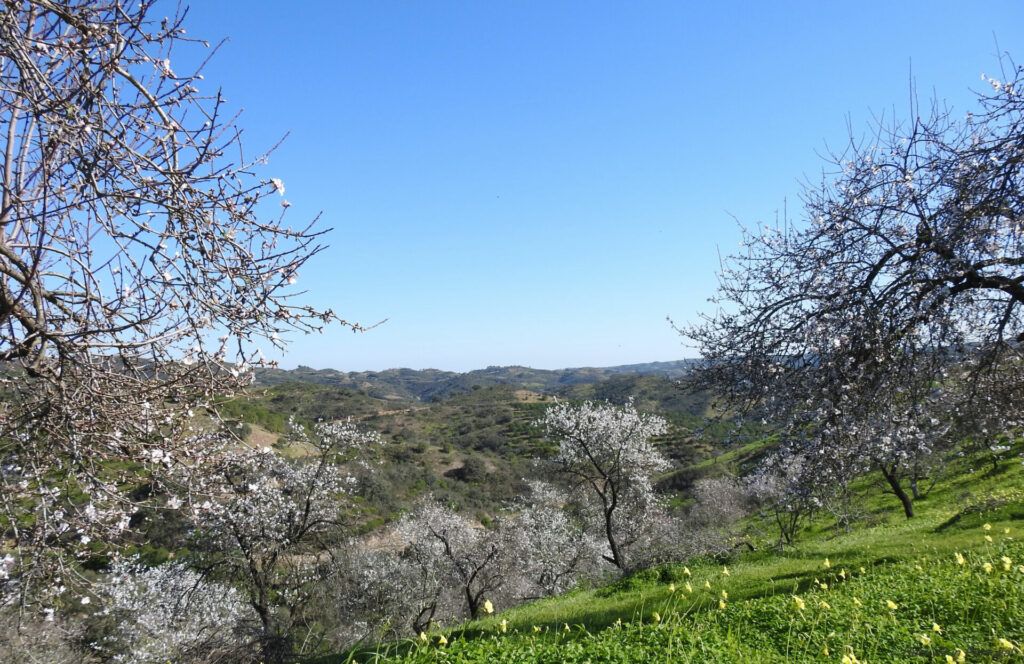
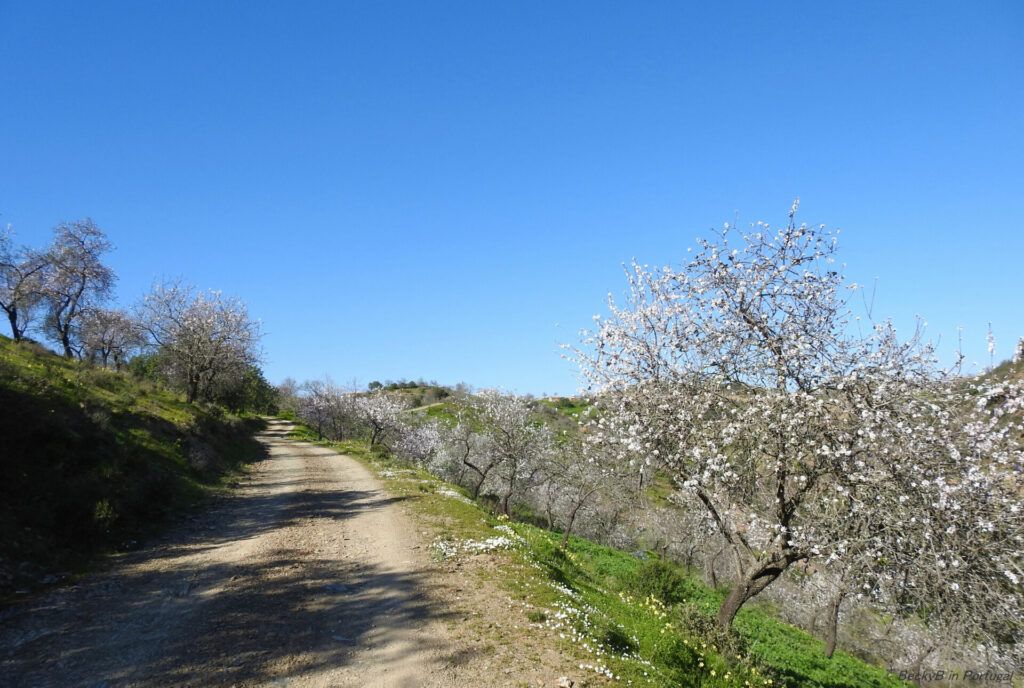
Today, tourists can go on organized walks around the Algarve countryside to take in the beautiful sights of the almond tree blossoms, or they can venture out on their own. All the photos on this post were taken by the very talented Becky B, author of It Caught My Eye in Portugal. She is privileged enough to have made Olhão her temporary home, from which she goes on some beautiful walks and captures gorgeous photos of the nature she comes across. Head over to her blog for some countryside walk inspiration. And if you’re wondering whether you should be planning a visit to Portugal outside of the summer months, don’t miss my previous post on this subject.
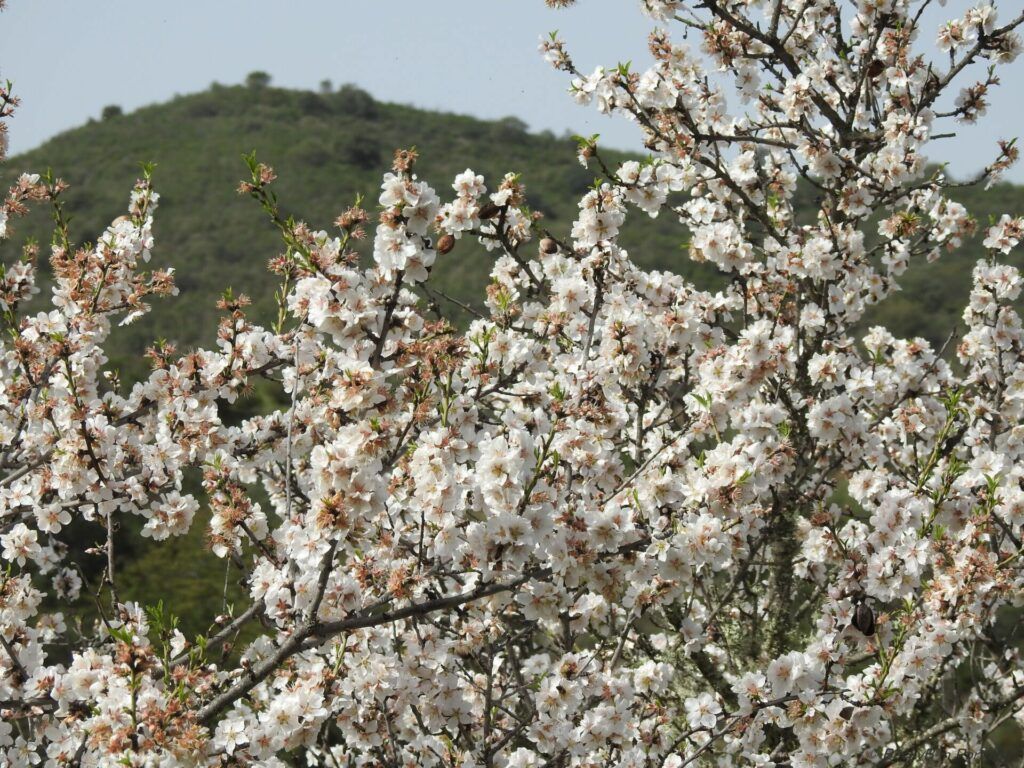
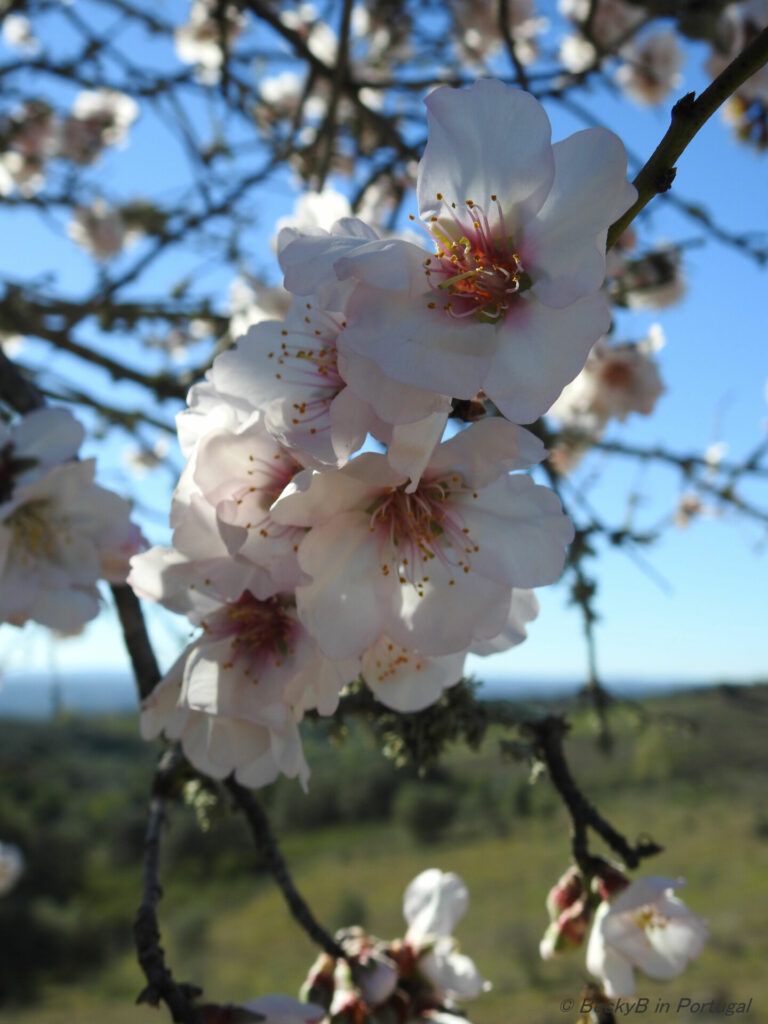
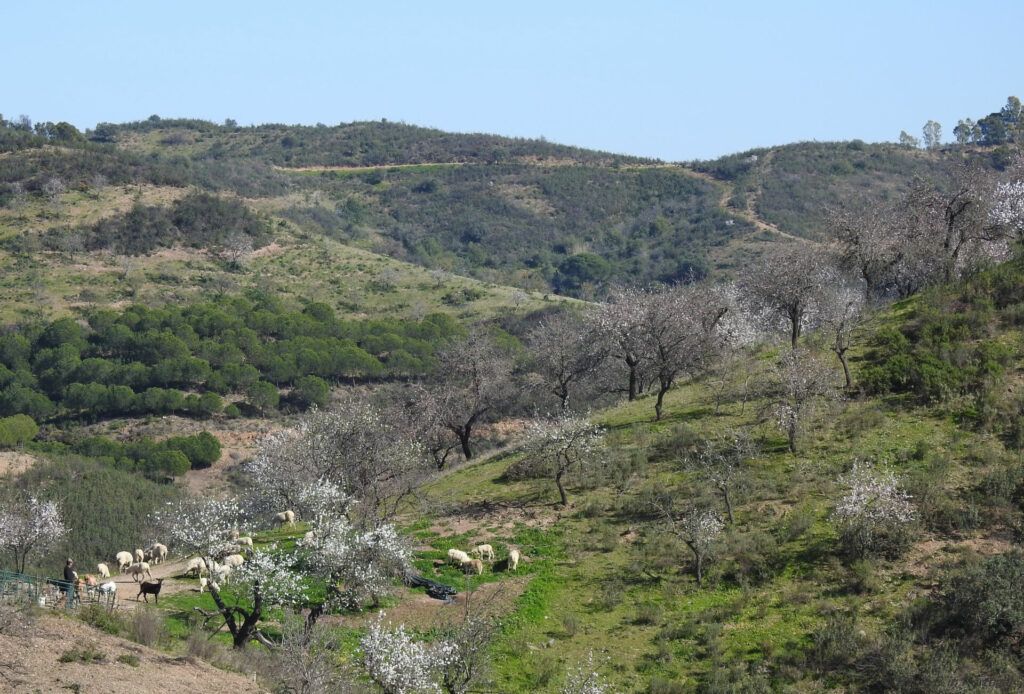
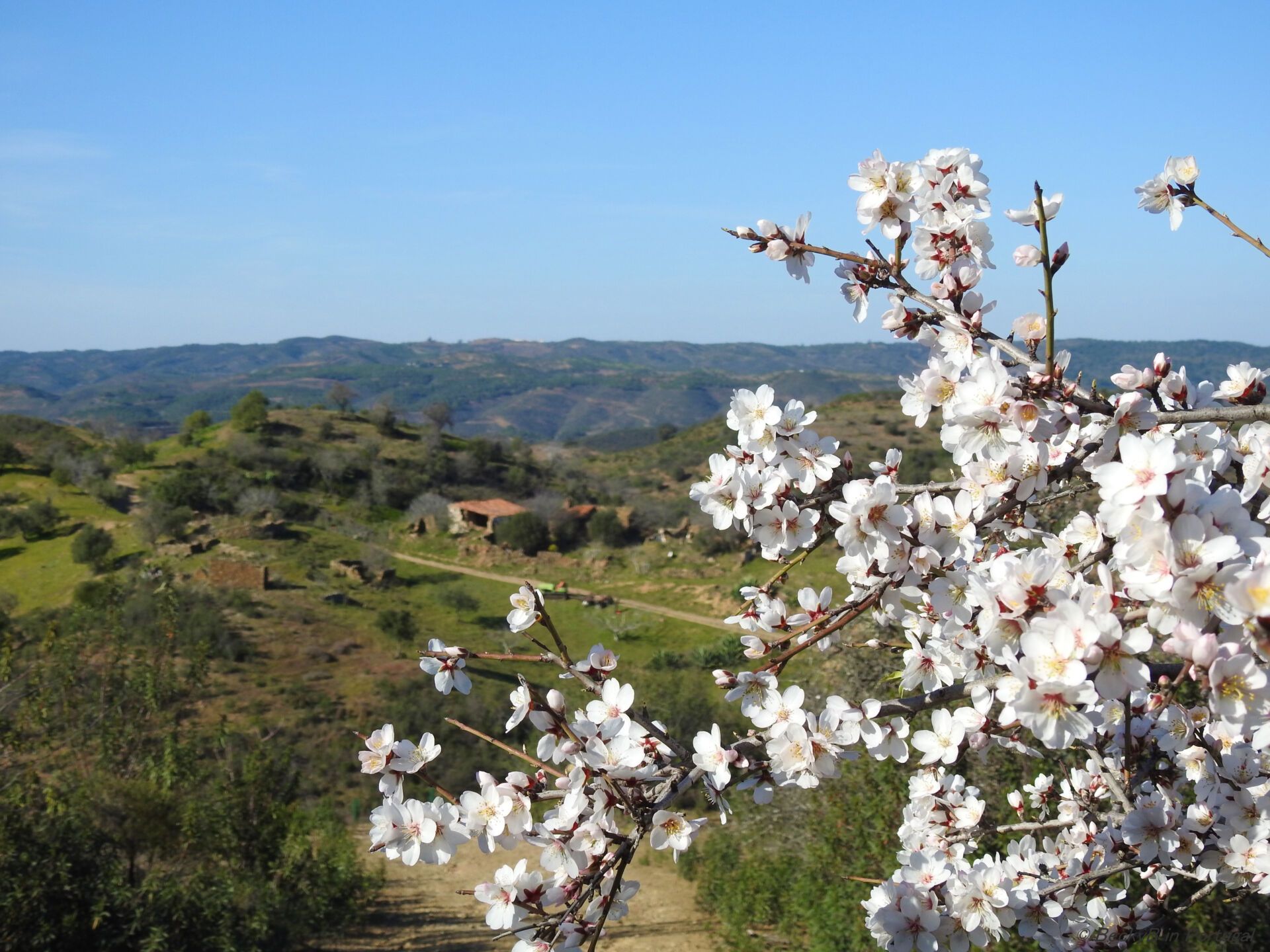


Oh this is a beautifully written post and thank you so much for your kind words.
Thank you for the lovely photos to match the lovely story.
In the version I heard when I was a kid, Gilda was a slave and the poor king had no name. Oh well, ”Quem conta um conto, acrescenta um ponto”.
I’ve never heard that version before! So funny how the same story has so many variations to it. Thank you for sharing yours!